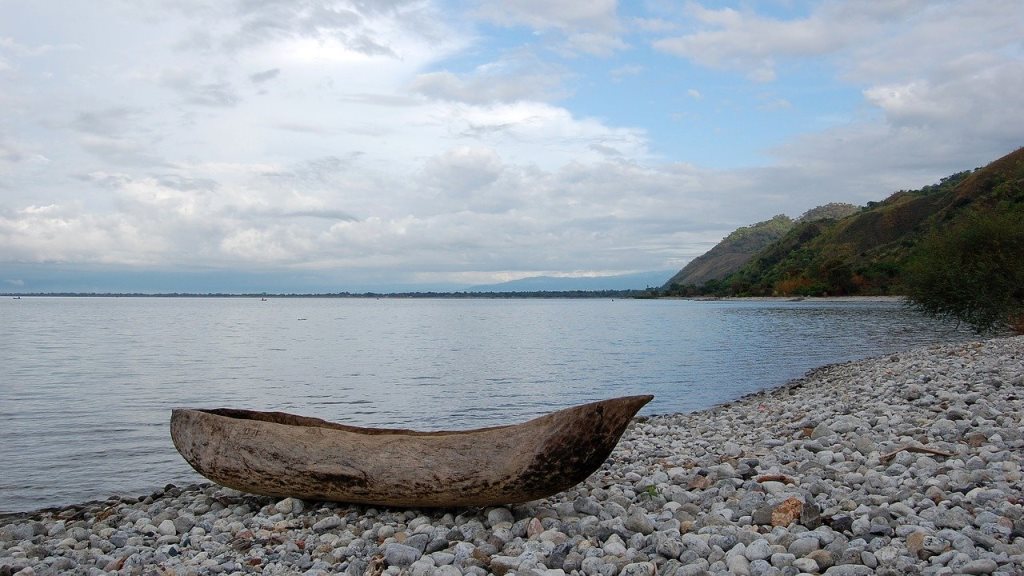An Executive Summary of the new report—Climate action pathway: Resilience and Adaptation—has been published by the UN Framework Convention on Climate Change.
By 2050 a world where vulnerable places, regions, states, communities and individuals can thrive in the face of multiple risks, uncertainty and change in a 1.5 oC world. Under this vision three broad impacts need to be achieved:
- Resilient People and Communities. Capacity of the most vulnerable peoples and communities is built so they can adapt and be resilient to current, and future, climate shocks and stresses. This includes building the resilience of micro and small and medium enterprises, supported by large businesses across global value chains, so that frontline communities benefit.
- Resilient Environment. Biodiversity protected and resilience of ecosystems is enhanced. This is paramount if we are to: secure sustainable development; decent jobs and livelihoods; protect value chains; build coastal resilience and infrastructure, and, sustain access to water and nutritious food.
- Resilient Economies and Investment. Climate risk is mainstreamed into all public and private sector plans and investments including into agriculture, infrastructure, transport, water and energy systems to deliver sustainable and resilient economies. Where people most at risk are not left behind by getting money and benefits to where and when it matters – to local communities.
To deliver these impacts we need to anticipate climate risks, absorb shocks and stresses, and transform development. People are central to this change. This means engaging and making women, youth and people living with disabilities as actors of change to achieve equitable outcomes as part of a just transition.
The vision recognizes that a mitigation-only strategy on climate action will not be effective to address the current and future impacts of climate change. It is essential we have pathways that build resilience and adapt to climate change, and reduce greenhouse gas emissions.
It also responds to the Call for Action: Raising Ambition for Climate Adaptation and Resilience launched by Egypt and the United Kingdom with their partners Bangladesh, Malawi, Netherlands and Saint Lucia and supported by the United Nations Development Programme (UNDP) at the 2019 United Nations Climate Action Summit.
Photo of beach in Malawi by AlexandraMamaeva from Pixabay.

